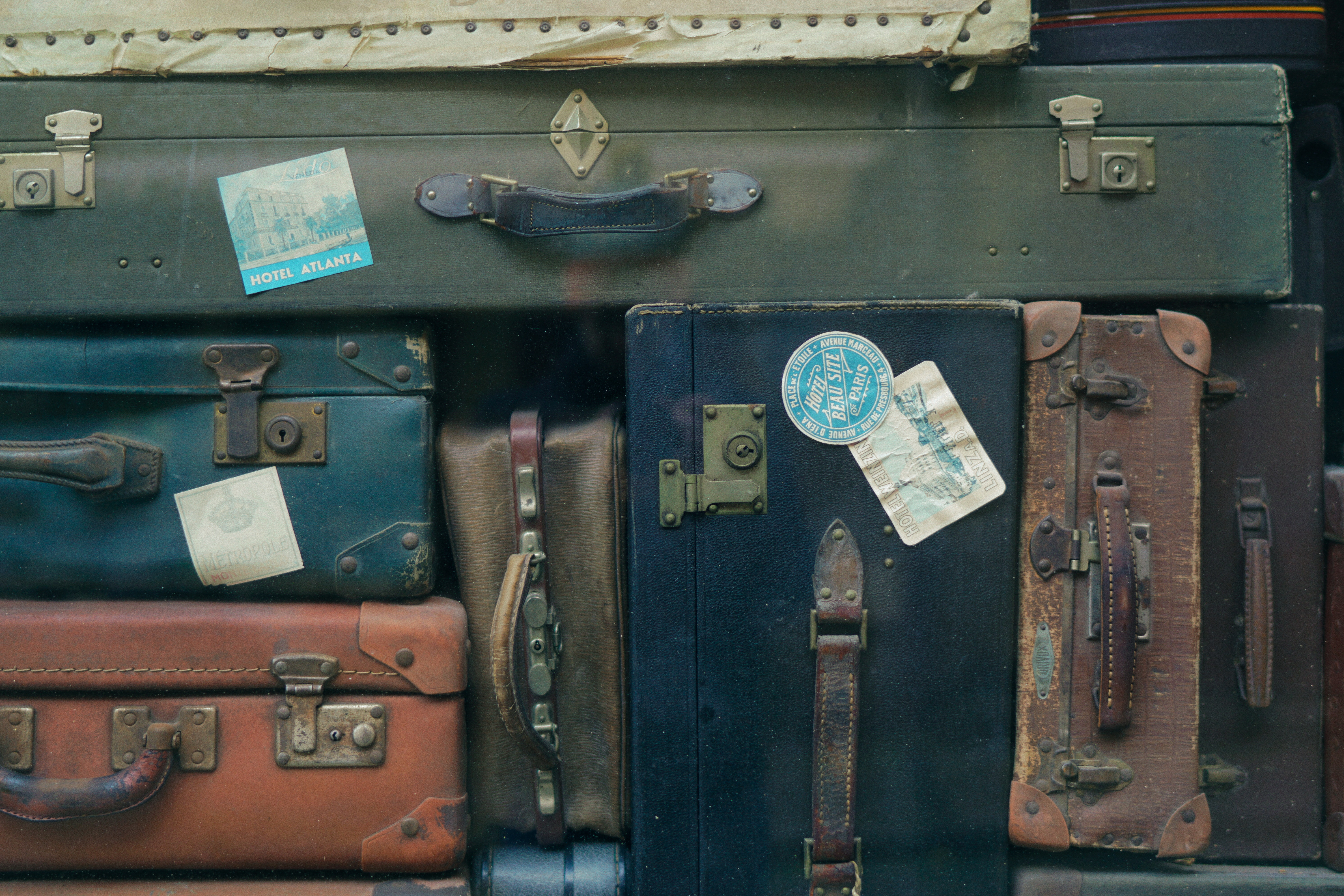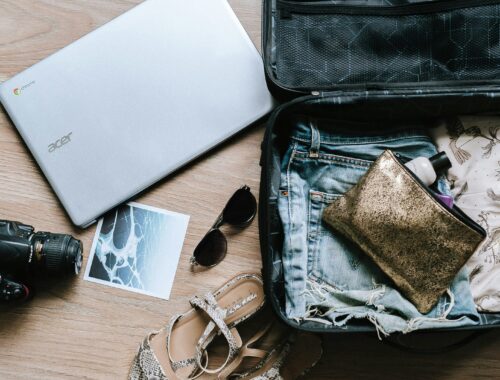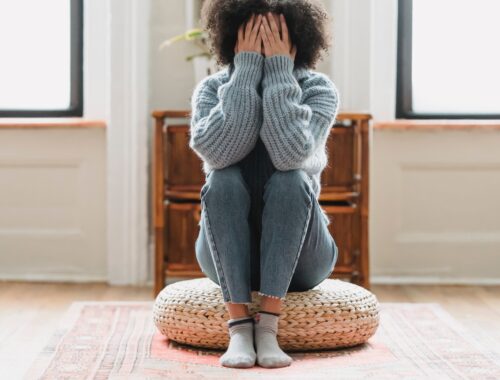5 Tangible Ways to Fight Anxiety
This is a contributed post written by Laurie Larson

Anxiety has become nothing short of a modern pandemic. Millions of people around the globe are suffering from different types of anxiety and many of them are doing so in silence.
Anxiety can feel crushing. It can make you feel powerless, defenseless, and vulnerable in the face of a terrifying bodily response you can’t control.
It’s important to remember that you’re not alone. Taking time to remind yourself that you’re valuable, people care about you, and that your feelings are valid is the kind of self-care that can really make a difference.
If you’ve found your way to this guide because you need help, here are a few tangible solutions for you to try.
1. Identify and learn your triggers.
Everyone’s anxiety works differently. Though it may seem that waves of anxiety come out of nowhere, they actually come from specific events and stimuli called triggers. Something in particular is causing you to feel anxious, and it’s most likely something very emotional and very irrational.
That’s ok. That is completely normal and completely valid. Work to identify this trigger by thinking about your environment and emotional state at times of anxiety. Where are you? What were you thinking about? What’s going on in your life right now?
Ask yourself these questions to examine your environment and then write the answers down. The simple act of jotting down these things in your journal or phone will help you ground yourself in the present and better understand what sorts of things cause anxiety for you.
2. Try CBD and other natural remedies.
For those of us struggling with anxiety, it can be scary to think about medications. That’s a hard conversation you can have with yourself, your loved ones and your doctor. The important thing is to help improve your quality of life and mental state by finding the best option for you as an individual. Sometimes, this might be a natural remedy like CBD.
Natural remedies often face a stigma as either scams or unnecessary crutches. My advice to you is to do your research and find an option that you are comfortable with. You should consider new products carefully and thoroughly, but you should never feel bad about medical solutions to anxiety.
3. Get control over your sleep.
This can be one of the hardest things to do when dealing with anxiety, I get that. Maintaining a healthy and consistent sleep schedule can really do a lot for you. Having the right sleep at the right time will help you brain better regulate your neurotransmitters, which can be a big help behind the scenes.
One tangible way to regulate sleep is to exercise. It can be really hard to fall asleep after a day of sitting in your office or on your couch. A tired body from a long workout or a hard day of work can be a great asset in helping you fall asleep before your anxiety can keep you up.
Exercise for mental health has also been studied extensively and shown to be one of the single best things you can do to manage your anxiety in the bigger picture.
4. Find a healthy outlet.
Never underestimate the value of doing something that makes you happy. Anxious thoughts can often creep up on us when we are idle, so keeping busy and focused can be a great way to build a stronger mental state.
Maybe exercise is your thing. Maybe it’s journaling, painting, or spending time with animals. Whatever your outlet is, finding something healthy and sticking to it can stimulate your mind and regulate the release of reward chemicals that are crucial to a healthy mental state.
You want to avoid developing an unhealthy coping mechanism such as isolating yourself from friends and families, engaging in self-destructive behavior, or picking up a bad habit like smoking or drinking.
You may be struggling with your anxiety and you may have already started doing these things. That’s ok. Don’t beat yourself up, don’t blame yourself or others. Focus on what you can do in the present to get yourself to a better place.
5. Consider counseling.
This is the first thing that everyone in your life is going to tell you. Get a therapist, you need one, it’s the responsible choice. You’ve probably been hearing things like that and they may scare you.
That’s ok. Therapy makes us vulnerable and that’s frightening. If you aren’t ready for that, there is no shame in biding your time and working to manage your anxiety on your own.
If you are considering counseling, then you should know that it is in fact extremely beneficial for many individuals with anxiety. Tactics like cognitive behavioral therapy don’t involve anything other than simple conversations and journaling and have been shown to be extremely effective on many types of anxiety disorders.
Conclusion
Hopefully you’re starting to feel calm and more grounded, but it’s ok if you’re not. When you’re feeling trapped by your anxiety, the most important thing you can do for yourself is to remember one simple truth: your anxiety can’t hurt you.
The sun is going to come up tomorrow and you are going to keep getting by. One day at a time. Stay focused on your long term recovery and don’t lose faith in your ability to lead your mind to a healthier place.



